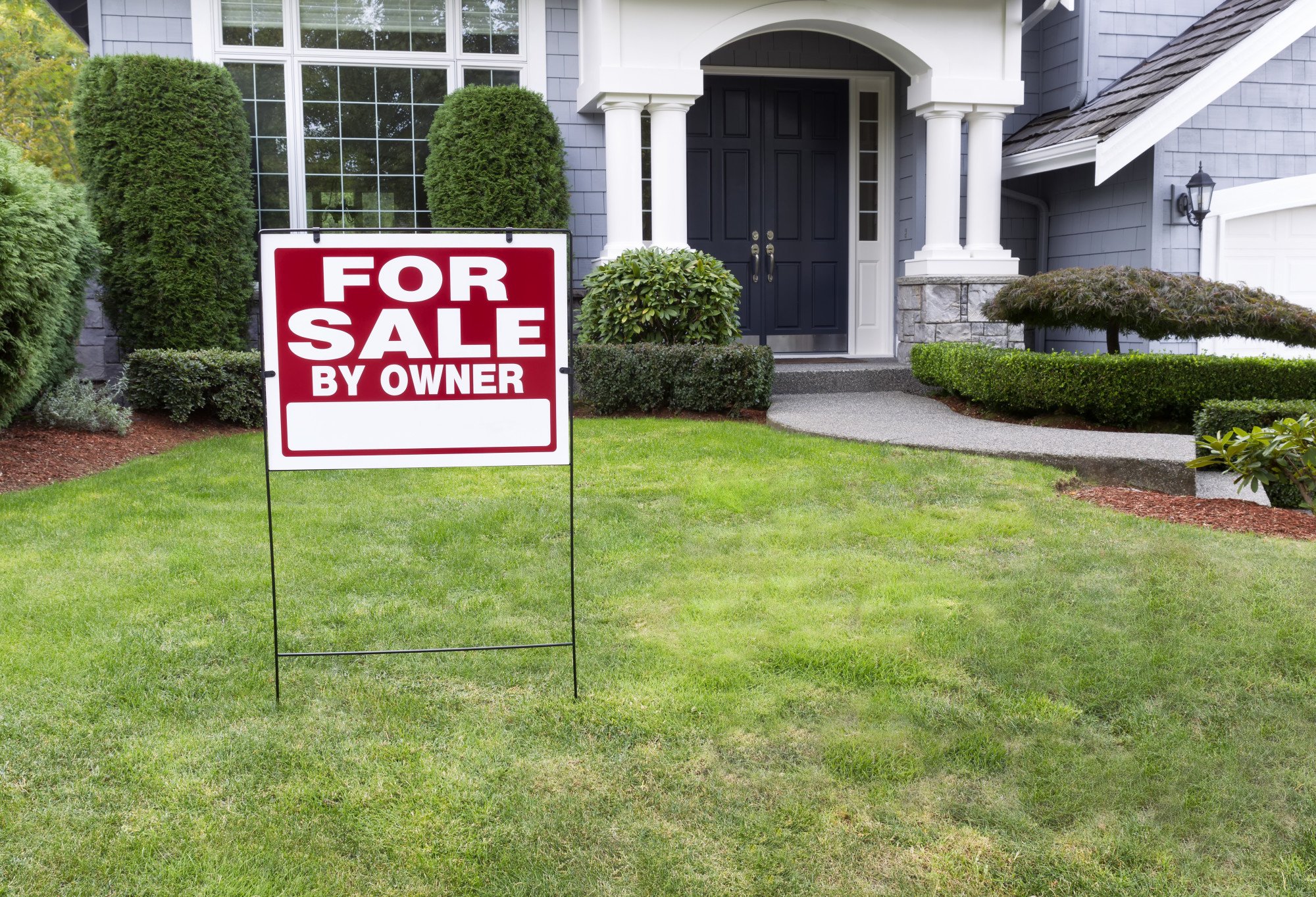Uncovering The Truth: How Much Do You Lose Selling House As-is
When it comes to the housing market, one term you might have come across is “selling house as is”. This essentially means selling the property in its current condition, with no repairs or renovations made prior to the sale.
However, selling as is doesn’t mean you will be free of all responsibilities. As a seller, you still have a legal obligation to disclose any known issues or defects with the property.
Curious how much do you lose selling house as-is? This brief guide should help you decide whether to sign up with as is real estate or not.

Weighing Pros and Cons
Selling a house as is can be a double-edged sword. On the one hand, it can expedite the selling process, eliminating the time and energy required for repairs or upgrades. This can be particularly beneficial in situations where the seller needs to relocate quickly or simply wishes to avoid further financial investment in the property.
On the other hand, a house sold as is often fetches a lower price compared to similar properties in better condition. Buyers factor in the potential costs of repairs and upgrades, and their offer price will reflect these anticipated expenses. Depending on the extent of the required repairs, this could significantly impact the final selling price.
Furthermore, selling as is could limit your pool of potential buyers. Many people prefer move-in-ready homes, and might be put off by the idea of taking on a project.
The Financial Aspect: How Much Do You Really Lose?
The financial implications of selling a house as is can vary greatly depending on numerous factors. This includes the current state of your home, real estate market conditions, and the perspective of potential buyers.
In some cases, the difference between the selling price of a house sold as is and a similar property in better condition of the home can be quite significant. According to industry experts like the Handsome Homebuyer investor, properties sold as is can sell for up to 30% less than their full market value. This could represent tens of thousands of dollars in potential losses.
However, it’s important to factor in the costs of repairs and renovations that you would avoid by selling as is. If your house requires extensive work, the savings could offset, or even exceed, the potential loss from a lower selling price.
The Role of Home Inspections
Even if you’re selling your house as is, potential buyers will most likely request a home inspection. This is a comprehensive assessment of a property’s condition, conducted by a professional home inspector. The inspection covers all aspects of the house, from the foundation to the roof, and everything in between.
Home inspections offer a clear, unbiased picture of the property’s condition. This information can be invaluable for potential buyers, helping them anticipate future expenses and make an informed decision. However, a negative inspection report could deter buyers or lead to a lower offer price.
Know How Much Do You Lose Selling House As-Is
Selling a house “as is” may seem like a quick and easy option, but it can ultimately lead to significant financial losses. It is important to consider all the factors and potential costs involved before making the decision to sell without repairs or improvements.
To learn more about how much do you lose selling house as-is, consult with a trusted real estate agent for personalized advice and guidance. Don’t let money slip through your fingers, make an informed decision today.
Continue exploring our website for more tips.






